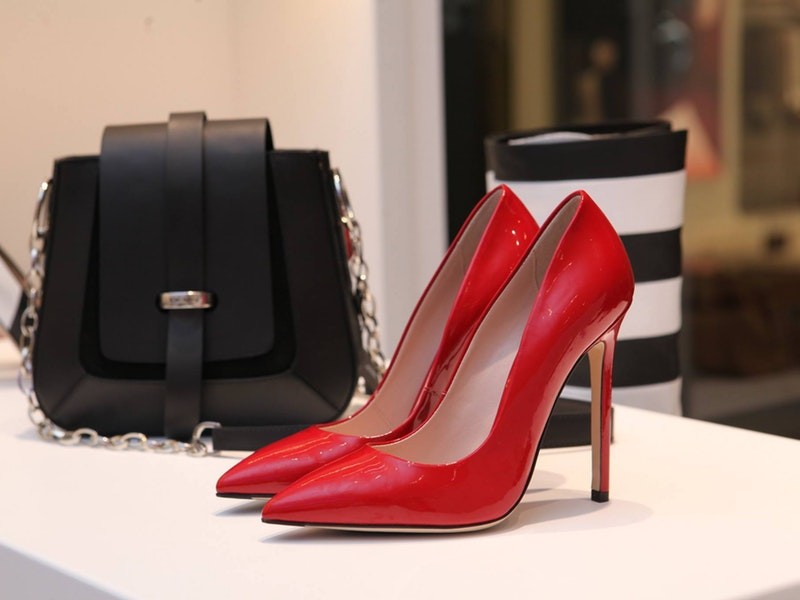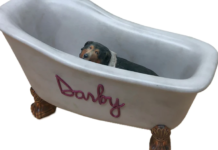by Christine Mauris, Guest Contributor
Luxury trends keep on changing, and it’s no doubt that the luxury sector is currently grappling with tremendous changes. Although some of the luxury items are timeless, the trendier ones at present can be out of fashion anytime. There were many political insecurities coupled with concerns about recession; nonetheless, immense growth in the luxury industry was evident in the previous year.
There were more price cuts in hot luxury items like the german watches, and online sales intensified. Moreover, well-to-do clients continued to move digital channels, and existential luxury will likely be a predominant theme in 2020. Luxury brands will also have to devise meaningful ways of engaging with affluent clients and come up with better business models to match the needs of the modern customer.
What are the top trends for the luxury industry in 2020? Read on to find out:
Sustainability- The tough decision for the luxury industry
Emissions from clothes impact the environment in many ways, and there are several debates geared toward making the fashion industry environmentally friendly. We have already experienced the invention of digital apparel, and sustainability will soon be linked to success in the luxury sector. For this reason, various efforts have been made by a few top brands in the luxury industry to ensure that the products are environmentally friendly.
However, the fashion industry should do more regarding environmental conservation. Key decision-makers in the fashion industry will have to take serious action instead of the meager efforts which we experienced in the previous year. Also, there’s an increased demand which is being spearheaded by the younger generation.
And what’s more? They don’t mind parting with extra money for environmentally friendly products. In 2020, many expect to see the emergence of various sustainability programs, and this will support clients to understand, monitor and control their impact on a more responsible use of luxurious products. Besides, although sustainability isn’t a priority for many clients, it’s still expected to be one of the most significant opportunities for the luxury sector in 2020.
5. Luxurious packaging
Packaging plays a crucial role in the fashion industry, and it’s as important as the product itself. With increasing numbers of online shoppers, a luxurious packaging experience will be the focus of many brands and will play a significant role in furnishing customers with a premium experience. However, the biggest challenge for the luxury industry will be striking a balance between luxurious packaging and enhancing sustainability.
4. Enhanced protection of customer information
The luxury industry made efforts to safeguard customer data in 2019, but there were a few cases of data breaches. These raised many questions regarding the protection of customer information and privacy. However, there’s enactment of different legislations, and they all reaffirm the need for business owners in the luxury sector to rethink customer privacy issues.
In 2020, luxury brands will use customer data from both physical and digital platforms to offer a more personalized shopping experience. Also, customers will be more conscious of the collection and use of their information. This will necessitate increased transparency from luxurious businesses collecting the data.
3. Digital authenticity- A top theme for the year
The year started on a high note, and luxury brands are experimenting with blockchain as a way of intensifying authenticity as well as traceability. Due to the increasing numbers of online shoppers and sales, digital authenticity will be a notable theme for 2020.
Since technology played a significant role in ensuring product tracking and fighting counterfeit products in 2019, there might be more companies adopting its traceability, especially on the most expensive products.
2. More social media platforms
New apps come up each day, and we expect more surprises in 2020. For the luxury sector, this will translate to an improved commitment to customer-centricity as well as the adoption of other social media platforms. For luxury brands, it will mean a commitment to customer-centricity and the adoption of alternative social platforms.
Customers can easily find and shop for products using Facebook, Instagram, Pinterest, and many more. While some make purchases on the apps, others download separate apps and have the luxury of exploring a wide range of items on sale. Nowadays, customers seek popular social media platforms and will continue to do so in 2020.
Moreover, Niche online communities such as Tik Tok will continue to gain fame among most modern affluent clients. Customers will also be interested in more engaging digital spaces that encourage meaningful associations with peers and brands. Social commerce will advance in 2020. Besides, a new release of features like Instagram shopping reminders for new product launches is one of the indications of a shift to social shopping.





